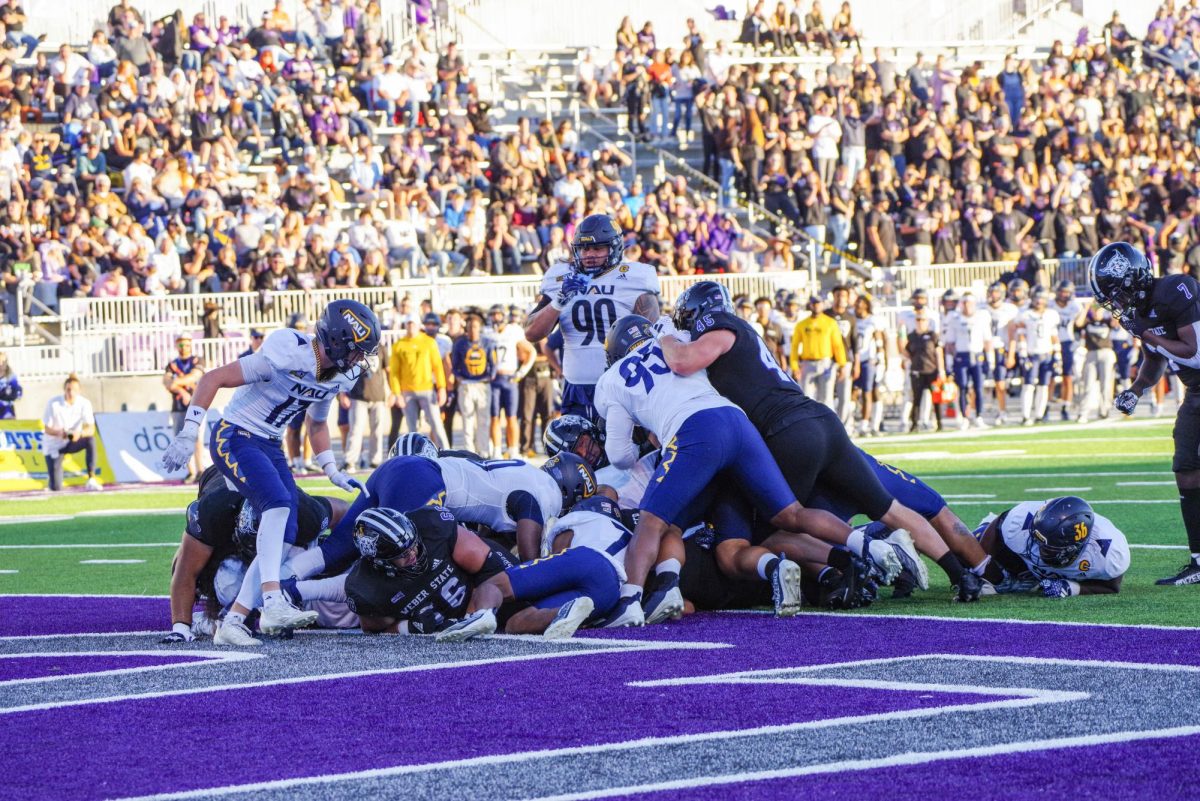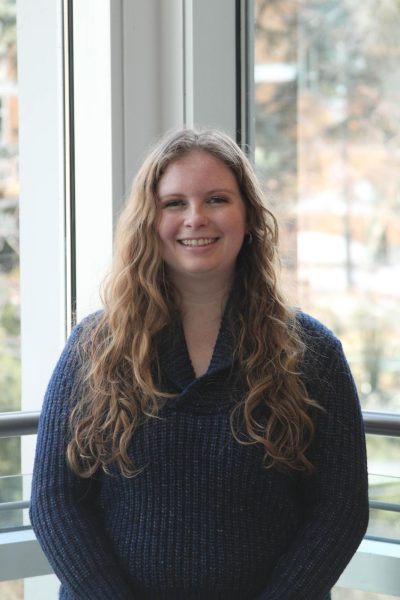Weber State University is listed as the number one Utah higher education institution for student’s 10-year net present value according to a Utah Foundation Report from August. The report looks at the financial return on investment for students, however, it is a multifaceted issue.
Net present value, or NPV, is a comparison of the potential future earnings against the cost of further education. In other words, to find the NPV, subtract the education costs from the amount of money a student will make.
Weber State Provost Ravi Krovi said that the findings of the report came as no surprise.
“We were thrilled but we’re not altogether surprised. It’s sort of validating, quite honestly. We certainly want to tell our story but when you have data which comes in and proves it, that’s great. That’s even better,” Krovi told Deseret News.
Despite this lack of shock in the WSU administration, the news may surprise community members. Weber State has the local nickname of “just Weber,” suggesting that there are other, better, options for higher education.
Madeline Knox, a WSU senior, said the report made sense.
“As someone who was in computer science, I would wholeheartedly agree,” Knox said. “In my senior year, I was offered a bunch of different opportunities and internships, and even jobs, by my professor.”
Knox switched her career path and major from computer science to computer science teaching. This factor decreased her confidence in a high NPV, as Utah teachers do not make high salaries, Knox said.
However, future income is only one payoff of higher education.
James Romer, a WSU alumnus and vice president of data and analytics at America First Credit Union, said that his education at Weber State made him passionate about learning.
“I can’t think of a bigger bang for your buck that I’ve experienced,” Romer said. “It opened doors early, but it also taught me that culture of continued learning, and challenging yourself, and getting behind things that motivate you.”
It was “the personal and meaningful connections with faculty” that incited Romer with confidence.
“I was able to observe professors who modeled having the right motivation,” Romer said.
Ryan Evans, now an English Instructor at Weber State, was inspired to apply for a WSU graduate program after meeting with Merlin Cheney, past graduate director of the English department.
“I just was really impressed with what I saw, so I decided to come here,” Evans said.
He looked around his office, and bookshelves stacked with Irish literature for a non-existent photo.
“I don’t have a picture of him, but his intelligence was clear,” Evans said. “But he also saw his role as that of mentor, so he had a way of reaching students that enabled us, me, to engage in the conversation from where I was.”
Romer experienced a similar engagement.
“A number of the faculty took a lot of time to be connected with us as students, and meeting us where we were at,” Romer said.
Now, as Evans stands on the other side of the WSU community and teaches, he follows a student-success-focused path.
“Ultimately, I tell my students this in every single class, my goal is to see them succeed,” Evans said. “I am always looking to help the student get to where they need to be, and that guides all of my decisions.”
From cost to relationships, students are the focus according to Krovi.
“As students come in, we try to give them a better perspective of what are the options and so I think it’s one thing to give advice, but it’s also important to have the right type of programming. Stackable programs really help us from that standpoint,” Krovi told Deseret News.
Romer is attending Western CUNA Management School — stacking more on his education. However, lifelong learning is not just about formal education to him.
“It means that the recent graduate that shows up and has a different way of approaching things can maybe teach me something and teach us something,” Romer said. “[It’s] both formal education and just a mindset of basically being open to learning.”
The report recognizes other advantages associated with higher education, including benefits for the community.
“There are also broader benefits to society. Higher levels of education are linked to higher levels of voter participation, lower levels of crime, and lower reliance upon public health care and the social safety net — among numerous other local, state, and national benefits,” according to Utah Foundation.
Evans’ personal return on investment continues to grow.
“My wife also works here, and I bring my kids to our games and sports activities and things. But I also am surrounded by people who encourage me to continue applying my craft and mastering my teaching skills,” Evans said.
While the Utah Foundation report highlights WSU’s outstanding ROI, for Wildcats it goes deeper than money.
“A person who is happy where they are, who finds meaning in what they do, even when it’s their nine to five or whatever that is, will always be worth more and will always garner more financial compensation,” Evans said. “And to me, that’s one of the very small reasons why I love what I do.”
















